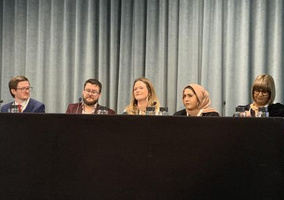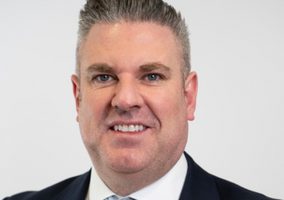Funders should seek to “confront their own privileges and biases” when working with charities, delegates heard at a conference recently.
Grantmakers should understand that grassroots partners may not have commercial or legal experience but bring practical knowledge of the challenges their communities and service users face, Bates Wells solicitor Emma Clague told the event.
Funders should consider inviting those with relevant social experiences to join their investment or grant committees, she told Charity Finance’s annual ESG Imperative conference last week.
She said that having a balance of financial experts and people with lived experience could enhance how social investment would be best aligned to achieve charitable purposes.
Sung-Hyui Park, a partner at Bates Wells, added that funders should work with charities on how best to measure impact as they are the closest to the social issues
This way it’s not a top-down relationship, Park said.
Starting on the right foot
Park said funders who have complex legal documents that protect them may backfire because it increases the chance that recipients will not read it or understand it.
“A very cold, harsh, one-sided legal document” could sour the relationship between funders and recipients before it even begins, she said.
Funders should set a tone of mutual trust and openness at the initial process and in their legal documents, she said. They should also be proportionate in sharing risk with their recipients.
“A lot of the time the risk gets put on to those who have the least power, rather than those who are best placed to absorb it,” she said.
“And ultimately this means that when grant projects go wrong, it's the most vulnerable local communities that bear the brunt of the risk of the project failing, rather than the grant funders who may have tens of millions of pounds at their disposal, who could actually absorb that risk and save those communities from facing that harm.”
Grantmakers should remove boilerplate legal protections in their contracts and keep only the key risk areas, Park said, as this would make the document simpler and easier for everyone to read and understand.
Clear communication
Park said often applications get rejected because the eligibility criteria are not always clear.
Funders and recipients could both save time and effort if funders make those criteria clear from the outset, she said.
If funders reject an application, they should also consider giving detailed feedback on the application, she said.
Related articles












